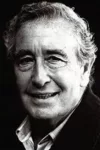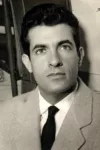Biography
(No Information)
Filmography
all 12
Movies 10
Writer 9
TV Shows 2
Screenplay 1
Writer

Eternamente (1996)
Movie
Short Story
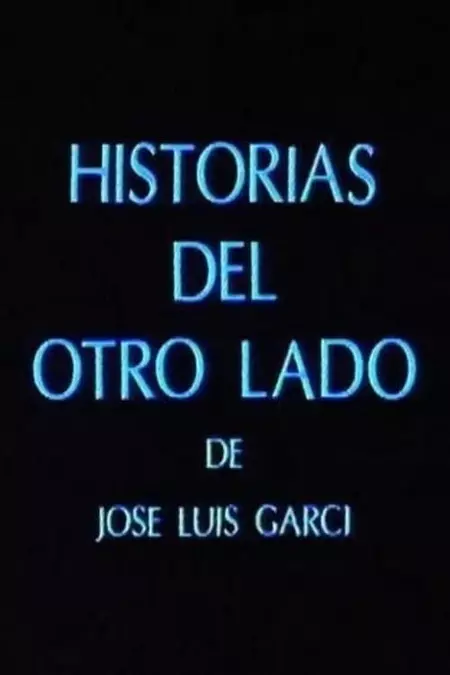
Historias del otro lado (1988)
TV
Writer

Alta comedia (1970)
TV
Additional Writing
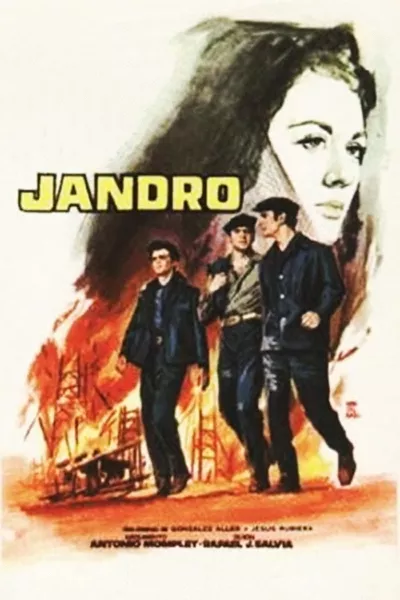
Jandro (1965)
Movie
Screenplay
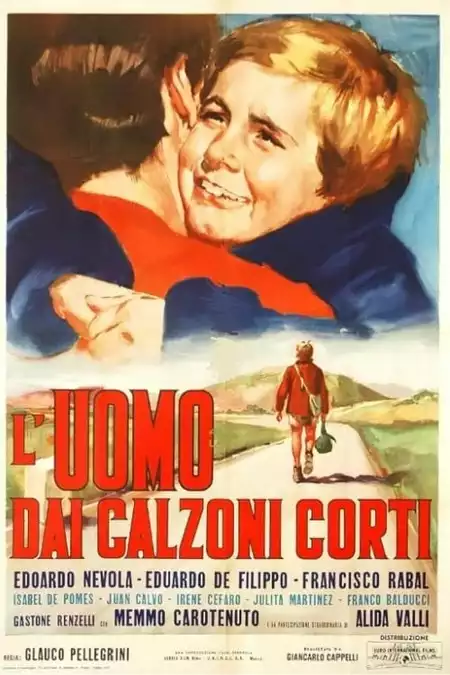
L'uomo dai calzoni corti (1958)
Movie
Writer

Violent Fate (1958)
Movie
Information
Known ForWriting
GenderMale
Birthday1926-02-20
Deathday2021-09-17 (95 years old)
Birth NameAlfonso Sastre Salvador
Birth PlaceMadrid, Spain
CitizenshipsSpain
AwardsViareggio-Versilia International Prize, National Theater Prize
This article uses material from Wikipedia.
Last updated:
Image credit: Joxerra, CC BY-SA 3.0, via Wikimedia Commons
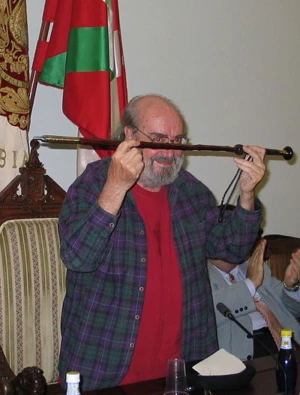 Alfonso Sastre
Alfonso Sastre- Filmography
- Information
- Related Persons
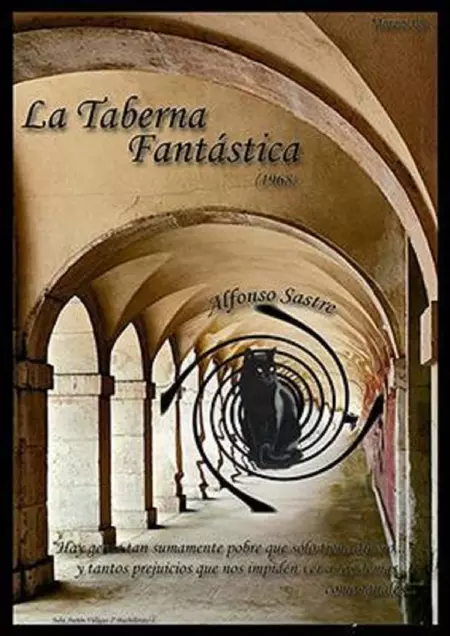
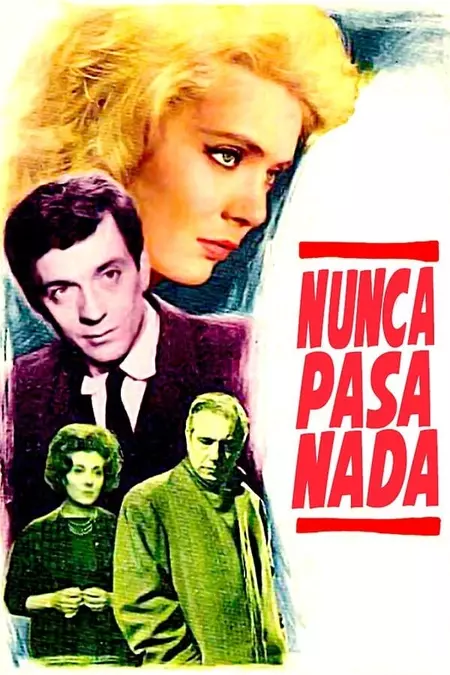
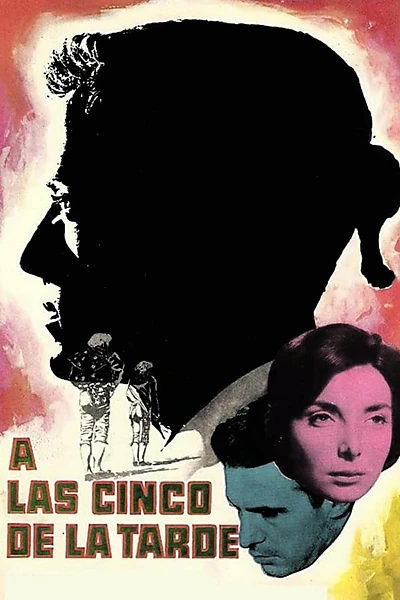
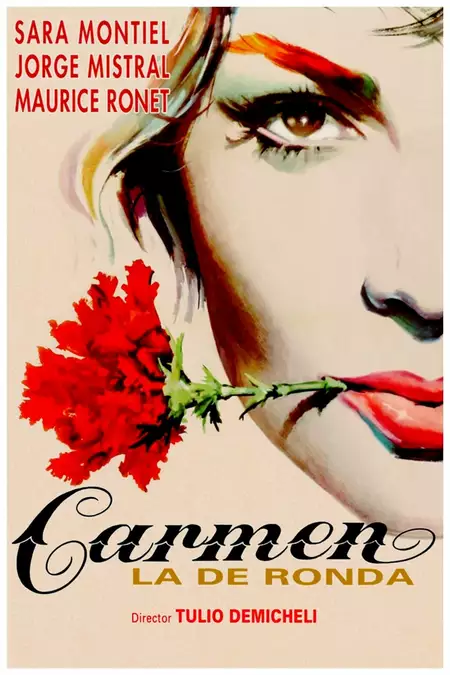
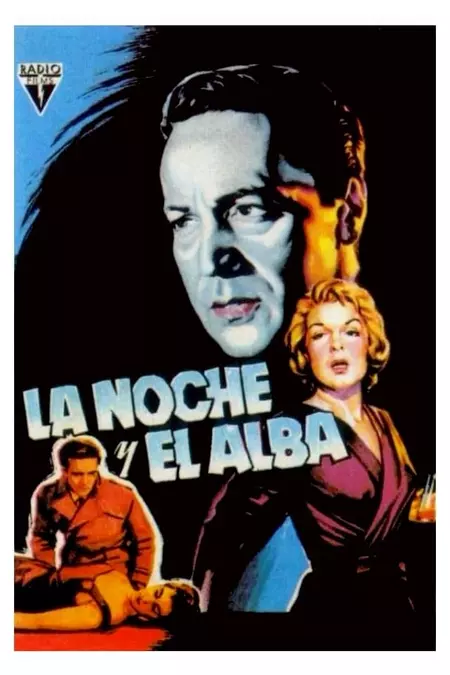
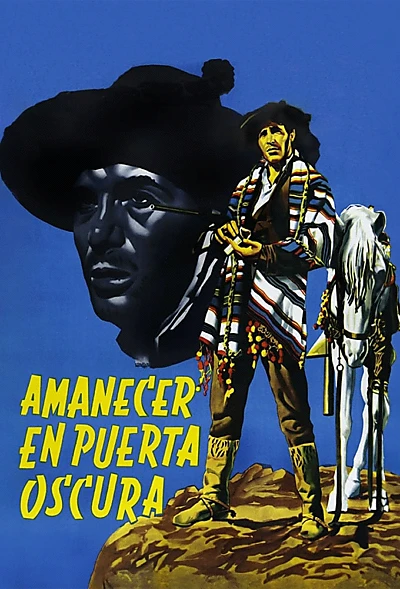

 ,
,

